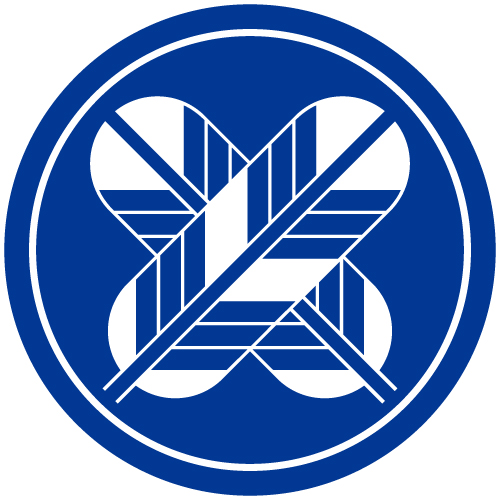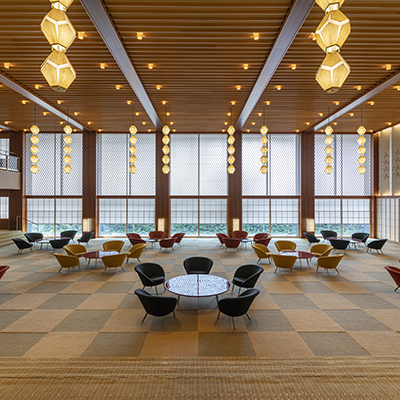June 17, 2024
Supermarket Staff Can Have Any Hair Color

Supermarket companies are empowering their employees by gradually relaxing their regulations on personal appearance, including part-time workers. In May, Summit announced that hair color is now allowed and employees are permitted to wear nail polish and false eyelashes. Maruetsu has also increased the freedom of dress and hairstyle for all employees. The retail industry is facing a serious labor shortage, which is driving the need for a more worker-friendly environment that acknowledges employees' individuality and helps to attract and retain talent.
Summit, which operates approximately 120 supermarkets in Tokyo, has significantly relaxed its grooming standards for all employees, including part-time workers, since May. Previously, only natural hair colors were allowed, with slightly brighter shades permitted up to a level of about 11 if dyed. However, now employees are free to dye their hair as they please. Blonde hair with inner coloring and hair dyed only on the inside is newly approved. Additionally, primary colors like red and blue are now allowed if employees wear hats with hairnets.
The company has lifted the ban on nail polish and now allows employees to wear false eyelashes and colored contacts. The company's progressive approach to personal expression, as long as it does not interfere with customer service or cleanliness and security, is a testament to its commitment to creating a positive work environment. Tetsuya Hattori, president of Summit, mentioned that in the past, people used to quit their part-time jobs to dye their hair when they went to college. Allowing these personal expressions aims to prevent staff turnover and attract new hires, creating positive effects on human resources retention.
Maruetsu, which operates approximately 300 stores in the Tokyo metropolitan area under the AEON umbrella, has allowed their employees to wear their hair color and accessories since June.
In the past, employees were required to wear a white collared shirt or blouse and navy blue or black slacks under their uniform apron. However, the dress code has been relaxed, and now employees can wear T-shirts and jeans. They can also wear long pants as their bottoms, and underwear is also permitted.
Although many supermarkets and retailers increased wages during the 2024 spring negotiations, the labor shortage remains unresolved. Creating a positive work environment continues to be a significant challenge.








